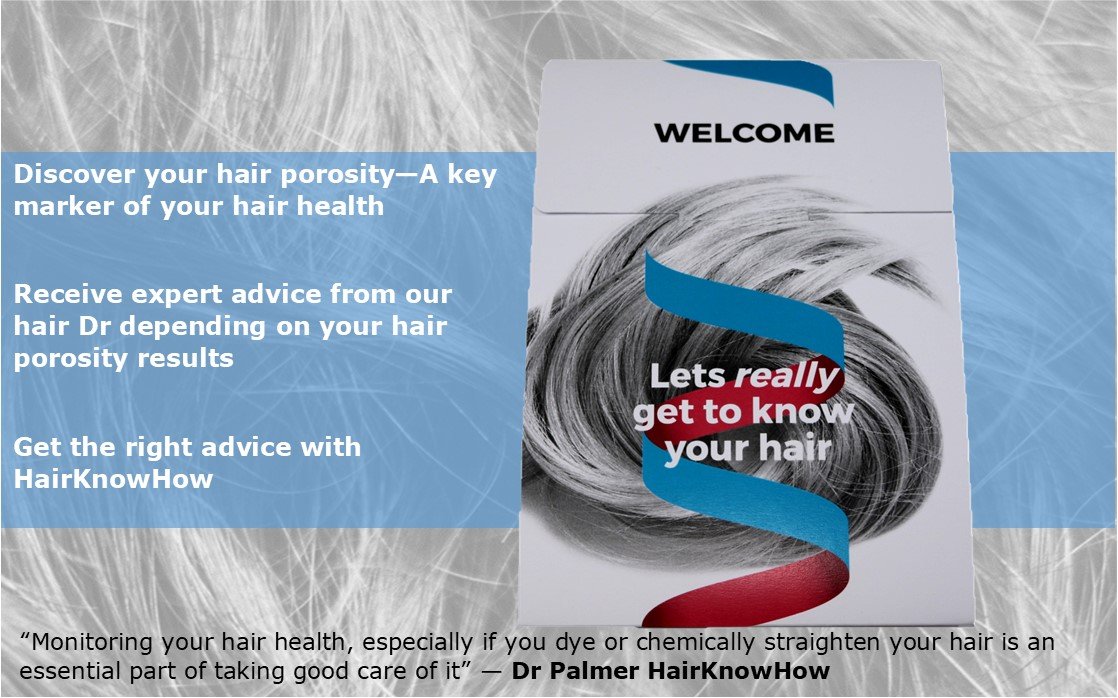What is dandruff?
Dandruff is a common scalp condition that affects people of all ages. It’s characterized by white flakes of skin that appear on the scalp and in the hair. Dandruff is not contagious and is not usually a sign of poor hygiene.
In fact, it’s often caused by dry skin or a reaction to certain hair products. While dandruff isn’t usually serious, it can be frustrating and embarrassing. If you’re looking for ways to get rid of dandruff, several treatments are available.
In this article, we will explore the causes and treatments of dandruff so that you can find the best solution for you.
The causes of dandruff
One of the symptoms of dandruff is thick, dry skin cells that can flake off. The causative agents for this condition can include a number of factors including diet, unhealthy skin, and physical, or emotional stress.
Dry skin is the most common cause of dandruff and can be caused by a number of different factors. Weather conditions, such as cold, dry air, can cause the skin to become dry and flaky. Harsh detergents or excessive washing and soaps can also contribute to dry skin by stripping away the natural oils that protect the skin. Excessive washing can also cause the skin to become dry and irritated. Other common causes of dandruff include oily skin, reactions to hair products, and fungal infections.
Oily skin is another common cause of dandruff. When the sebaceous glands produce too much sebum, it can make the scalp oily and lead to flakes and itchiness. Reaction to hair products, such as shampoos, conditioners, or styling products, can also cause dandruff. Allergic reactions or sensitivities to these products can irritate the scalp and lead to flaking.
Fungal infections are another possible cause of dandruff. These infections are usually not serious and can be treated with antifungal medications. However, in some cases, they can lead to more severe problems if left untreated.
Other common causes of dandruff include:
Not shampooing enough
Shampooing too much
Using a harsh shampoo
Not conditioning your hair
Having a dry scalp
Eczema or psoriasis
Seborrheic dermatitis (an inflammatory skin condition)
The treatments for dandruff
Dandruff is a condition of the scalp that causes flakes of skin to form and fall off. The exact cause of dandruff is unknown, but it is thought to be related to a fungus that lives on the scalp.
These are great shampoos for reducing dandruff. We have used them all and currently are using the 2:1. Specific shampoos are required when dealing with dandruff, so if you have dandruff and want to treat it, any of these shampoos will work great for you. Each will give you quick results typically seen within two weeks of or with an immediate reduction in itchiness.
Feel free to combine these shampoos with your favourite conditioner. If you have any questions, as always, please feel free to ask.
There are several treatments for dandruff, including over-the-counter shampoos, prescription shampoos, and home remedies. Over-the-counter shampoos containing anti-dandruff ingredients such as selenium sulfide, pyrithione zinc, or ketoconazole can be effective in treating dandruff.
Prescription shampoos containing corticosteroids or antifungals may also be recommended by a doctor. Home remedies for dandruff include using apple cider vinegar or lemon juice as a rinse after shampooing, massaging the scalp with olive oil or coconut oil, and using a mixture of baking soda and water as a scalp scrub.
How to prevent dandruff
While many commercial treatments are available to prevent or treat dandruff, they can be expensive and sometimes have unwanted side effects. Luckily, there are also many simple home remedies that can help treat dandruff effectively.
To prevent dandruff, start by shampooing your hair regularly with a mild cleanser. Be sure to massage your scalp gently while shampooing to loosen any flakes. You may also want to try using an anti-dandruff shampoo containing zinc pyrithione or selenium sulfide. There are many anti-dandruff shampoos on the market, the most popular being the entire head and shoulders shampoo range. Use these shampoos according to the package directions, and be sure to rinse thoroughly.
In addition to shampooing, you can also try massaging your scalp with an oil such as coconut oil or olive oil. Leave the oil on for at least 30 minutes before washing it out. You can do this once or twice a week, and will help hydrate your scalp and alleviate the dryness.
Another effective home remedy for dandruff is apple cider vinegar. Simply mix equal parts apple cider vinegar and water in a bowl, and apply it to your scalp with a cotton ball. Let it sit for 15 minutes before rinsing off with warm water. Do this once or twice a week for best results.
If you suffer from severe dandruff, talk to your doctor about prescription medications that may be right for you.
Nizoral shampoo
One popular option is Nizoral anti-dandruff shampoo. Nizoral contains ketoconazole, an antifungal agent that helps to fight the fungus that causes dandruff. It is available in both over-the-counter and prescription strength formulas. When used as directed, it can help to control dandruff and keep it from coming back.
If you're struggling with dandruff, talk to your doctor or dermatologist about whether Nizoral might be right for you.
Head and Shoulders Shampoo
Head and Shoulders shampoo is a dandruff shampoo that can also be used to treat seborrheic dermatitis. The active ingredient in the shampoo is pyrithione zinc, which helps reduce the amount of oil on the scalp and the growth of yeast.
Conclusion and Summary
Although dandruff is a common and usually harmless condition, it can be embarrassing, frustrating and difficult to treat and deal with. Dandruff is typically caused by a number of factors, including dry skin, oily skin, fungal infections, and certain skin disorders.
There are a number of treatments available that can help to control the symptoms of dandruff, including over-the-counter shampoos, creams, and lotions. If these treatments do not work, your doctor may prescribe a medicated shampoo or cream.
In some cases, dandruff may be caused by an underlying medical condition, such as psoriasis or eczema. Treatment for dandruff will vary depending on the cause. If you are struggling with dandruff, talk to your doctorl, dermatologist or contact HairKnowHow about the best treatment options for you.
Please feel free to contact the HairKnowHow Team if you have any questions.



